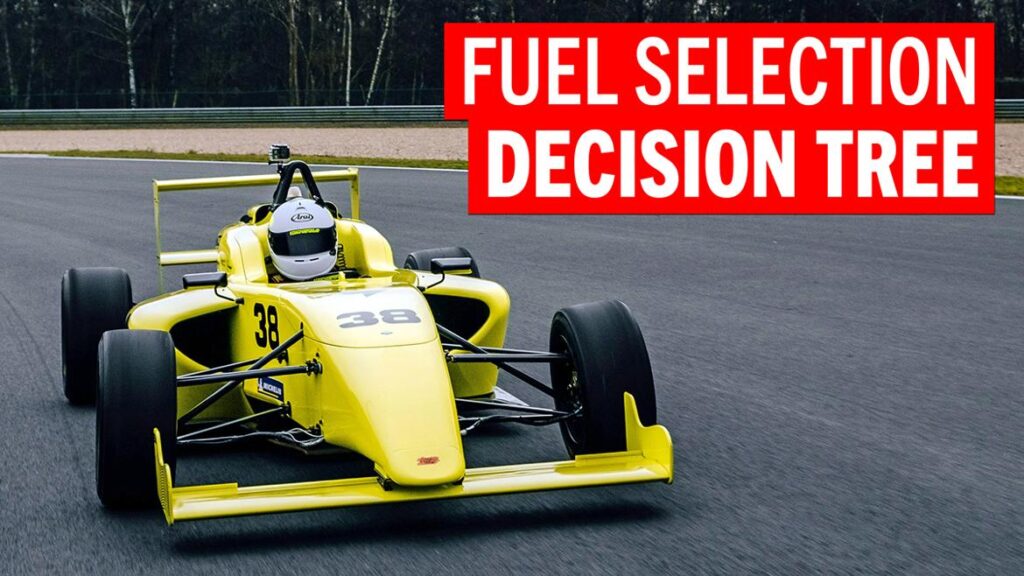Thank you for reading this post, don't forget to subscribe!
Your race car likely needs fuel, and today’s market offers dozens if not hundreds of options. How do you narrow it down? Zachary J. Santner, product engineering and manager of production engineering and business optimization at Sunoco, takes us down his basic decision tree.
First question: Leaded or unleaded?
Lead represents an effective and robust method for increasing octane, but there are some practical considerations in addition to the big environmental one: Not only is leaded fuel not legal for street use, but it’s also not compatible with oxygen sensors and catalytic converters.
Some race teams have used leaded fuels with oxygen sensors, but as Santner notes, they know what they’re getting into and will need to replace these parts very often. It’s not for novices, he stresses, adding that it would be more suitable for a professionally run, higher-end import drag race or drift effort. (Most teams in those arenas, he continues, tend to prefer E85 or similar.)
Second question: Oxygenated or not?
Much of today’s pump fuel is oxygenated, and Santner notes that some people get hung up on that term. “It’s not a gas dissolved inside a liquid like soda or beer,” he explains.
Oxygenated fuels contain oxygen molecules, and that’s usually done via ethanol–a chemical that won’t boil out of the fuel until 173 degrees. “The oxygen molecule is trapped in the structure,” he stresses, “so you’re getting more oxygen into the same-sized displacement engine.”
The result? More power–like forced induction but on a smaller scale. (He notes that a forced-induction engine making 14.7 psi of boost is doubling the amount of oxygen sent into the combustion chamber; an E10 fuel contains about 3.7% more oxygen than an E0 fuel.)
Some possible drawbacks of ethanol fuels, however: decreased mileage and, if stored in a vented container, a shorter shelf life.
Third question: How much octane?
By this point, Santner explains, you should have narrowed down the field by a bit. Now you can concentrate on fuels that have enough octane to combat preignition.



